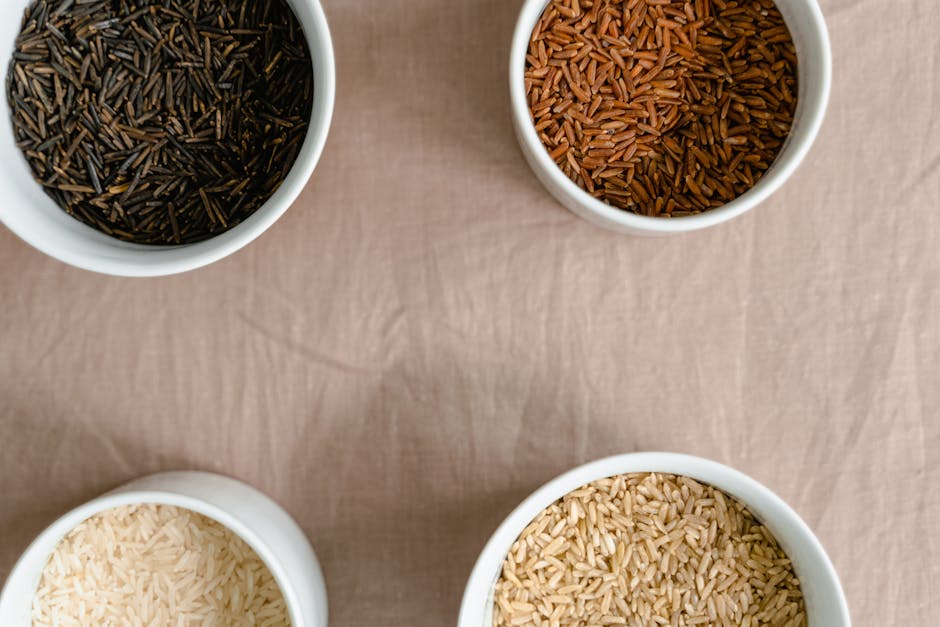When exploring the world of food preservation, one might ask, what is a freeze dried food? This intriguing method involves removing moisture from food through a unique process known as sublimation. Unlike conventional dehydration, freeze drying retains the food’s flavor, color, and nutritional value, making it a preferred choice for many.
The process begins by freezing the food at extremely low temperatures. Then, under a vacuum, the ice in the food transitions directly from a solid to a gas, bypassing the liquid stage. This ensures that the cellular structure of the food remains intact, preserving its taste and texture.
One of the greatest advantages of freeze dried foods is their impressive shelf life. With a lifespan ranging from 5 to 25 years, these foods are ideal not just for emergency situations, but also for everyday convenience. Imagine having a pantry stocked with essential ingredients that are just as fresh as the day they were picked.
Moreover, freeze dried foods are incredibly lightweight, making them perfect for outdoor adventures like hiking and camping. They are also easy to prepare, requiring only the addition of water to rehydrate and enjoy.
Discover the versatility and convenience of freeze dried foods by exploring our product line. Check out our monthly specials for 30-50% off our high quality freeze dried products and bring the freshness of the farm to your kitchen.
Benefits of Freeze Dried Foods
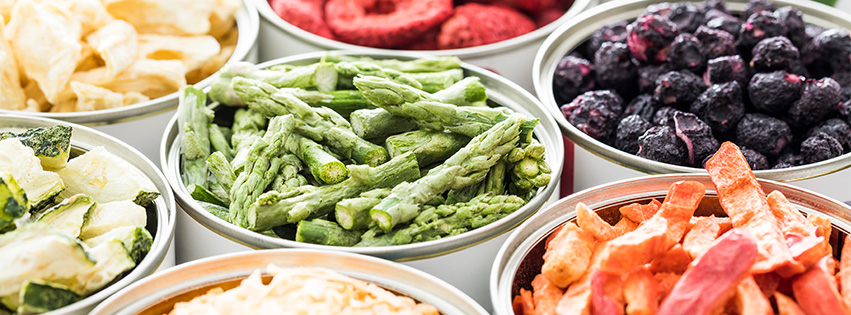
Freeze dried foods offer a host of benefits that make them an attractive option for both emergency preparedness and daily consumption. One of the most significant advantages is their long shelf life, which ranges from 5 to 25 years. This longevity means less food waste and a reliable supply of essential nutrients when you need them most.
Another benefit is the preservation of nutrients. The freeze drying process retains more vitamins and minerals compared to other preservation methods, ensuring that the food you consume is both flavorful and nutritious. This makes freeze dried foods an excellent choice for those looking to maintain a healthy diet without sacrificing convenience.
Additionally, these foods are incredibly lightweight and easy to store. Without the added weight of water content, freeze dried foods are perfect for on-the-go lifestyles, whether you’re hiking, camping, or simply need a quick meal at home. They take up minimal space, allowing for efficient storage in small pantries or emergency kits.
Convenience is another key benefit. With freeze dried foods, meal preparation is simplified. Most items require just a quick rehydration with water, making them a time-saving option for busy individuals or families. Plus, their versatility allows for a wide range of culinary uses, from smoothies and snacks to full meals.
Lastly, freeze dried foods are free from preservatives and additives, making them a safer and healthier option for those concerned about artificial ingredients. This natural preservation method ensures that what you’re eating is as close to fresh as possible, without any unwanted extras.
How Freeze Drying Works
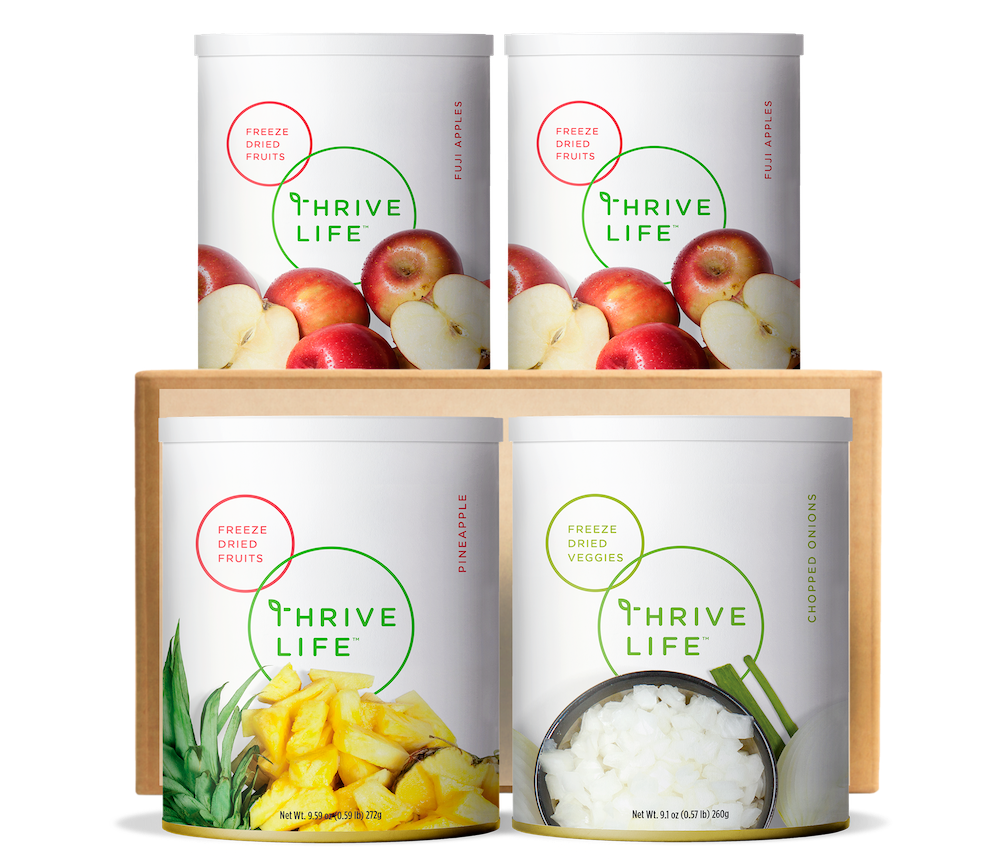
The freeze drying process is a fascinating method that effectively preserves food while maintaining its flavor, texture, and nutritional content. It begins with the freezing of fresh produce at extremely low temperatures. This initial step ensures that the water within the food solidifies, transforming into ice.
Following the freezing stage, the process moves to a phase known as sublimation. During sublimation, the frozen food is placed in a vacuum chamber. The pressure within the chamber is reduced, and a slight amount of heat is applied. This causes the ice to transition directly from a solid to a gas, bypassing the liquid phase. The result is the removal of approximately 95% of the water content.
Once sublimation is complete, the food undergoes a final drying stage known as desorption. This step ensures the removal of any residual moisture, further extending the shelf life of the product. The food is then sealed in airtight packaging to protect it from moisture and oxygen, which helps maintain its quality over time.
The beauty of freeze drying lies in its ability to preserve the structural integrity of the food. Unlike other methods, it doesn’t shrink or alter the shape of the produce. This means the rehydrated food retains its original appearance and texture, making it a visually appealing and satisfying choice for consumers.
In summary, freeze drying is a highly effective preservation technique that transforms fresh produce into a lightweight, long-lasting food option. By retaining essential nutrients and flavors, it provides a convenient and healthy alternative for a variety of culinary applications.
Comparing Freeze Dried to Other Methods
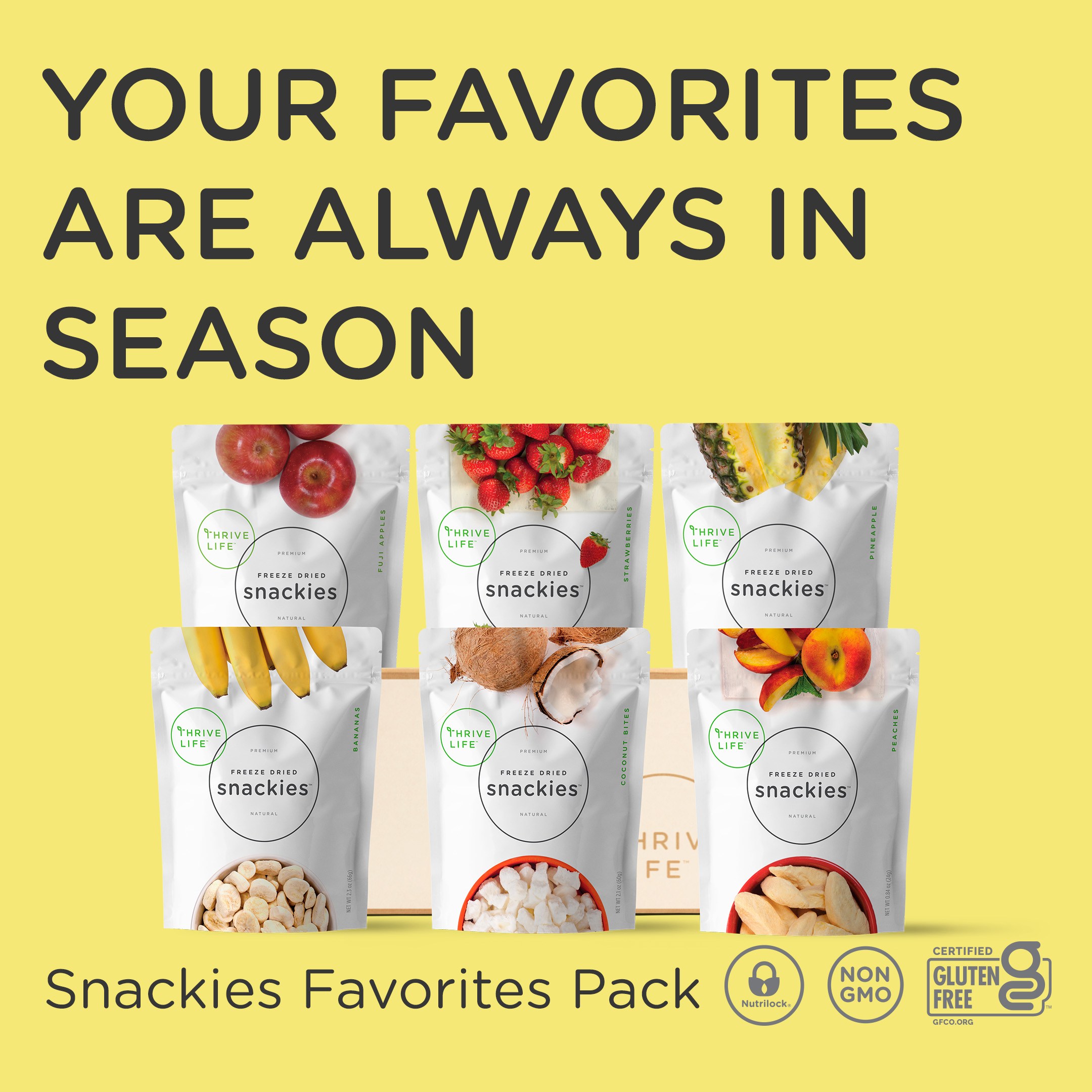
When it comes to food preservation, freeze drying stands out among other methods due to its unique advantages. Let’s delve into how freeze drying compares to other popular preservation techniques such as canning, dehydration, and freezing.
**Canning** involves sealing food in jars or cans and heating them to destroy bacteria and enzymes. While this method is effective, it often results in a loss of nutrients and alters the taste and texture of food. Additionally, canned goods have a shorter shelf life compared to freeze dried products, which can last between 5 to 25 years.
**Dehydration** removes water from food by using heat and air. Although it reduces the weight and volume of the food, dehydration can significantly alter its taste and texture. Nutrient loss is also more prevalent due to prolonged exposure to heat. In contrast, freeze drying preserves up to 97% of the food’s nutrients while maintaining its original flavor and texture.
**Freezing** is a common preservation method that retains the taste and nutrients of food. However, it requires continuous refrigeration, which can be costly and inconvenient in power outages. Moreover, frozen foods are prone to freezer burn, affecting their taste and quality over time. Freeze dried foods, on the other hand, are shelf-stable and eliminate the need for refrigeration.
Overall, while each preservation method has its own merits, freeze drying offers a superior combination of nutrient retention, taste preservation, and long shelf life. Its ability to maintain the original texture and flavor of food makes it an ideal choice for those seeking convenience without compromising on quality.
Shelf Life and Storage Tips
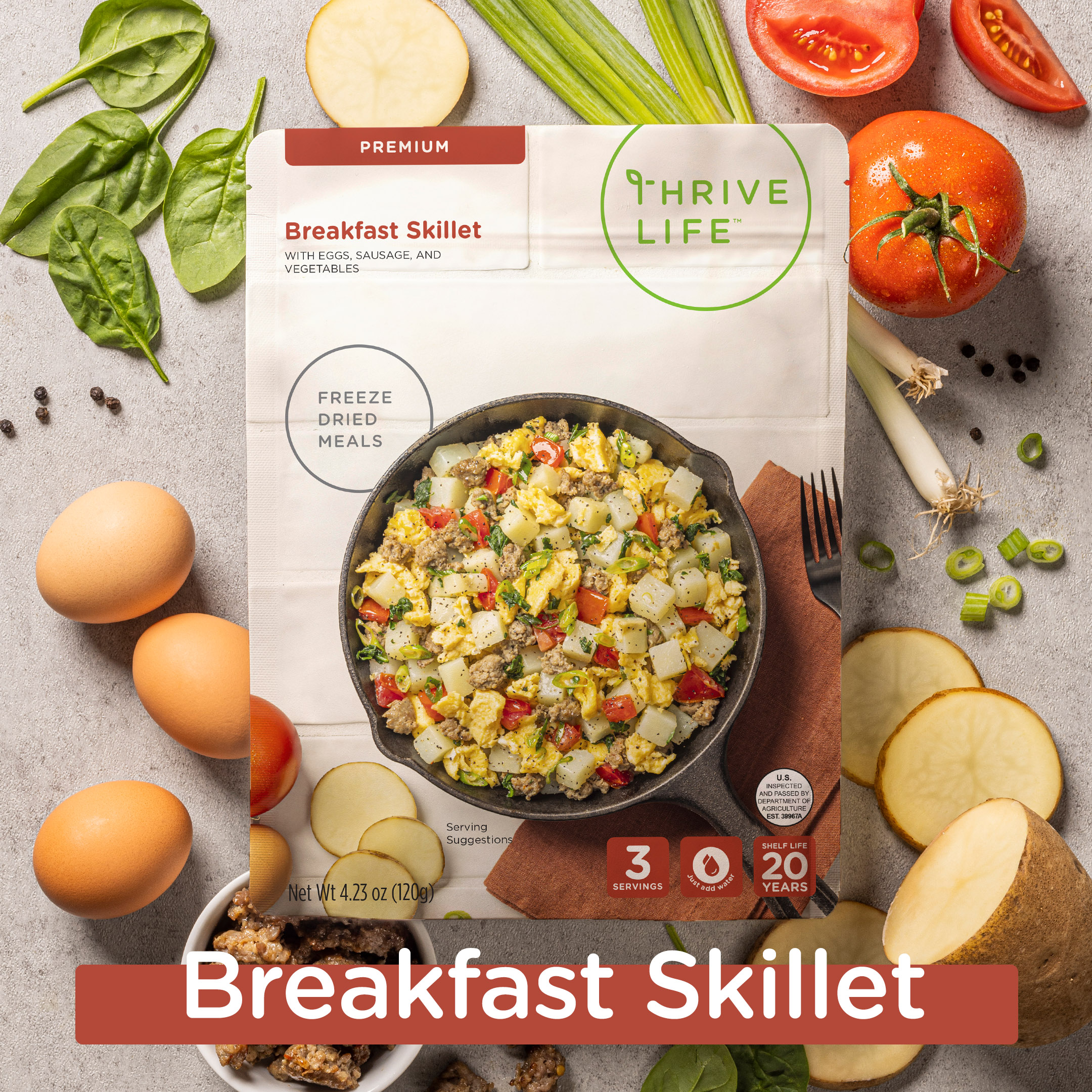
The longevity of freeze dried foods is one of their most significant advantages, often lasting between 5 to 25 years, depending on the type of product and storage conditions. This extended shelf life makes them an invaluable option for emergency preparedness and long-term storage solutions.
Proper storage is crucial to maximizing the shelf life of freeze dried foods. Here are some essential tips to ensure your products remain fresh and nutritious:
- Store in a cool, dry place: Temperature and humidity are critical factors that affect the shelf life of freeze dried foods. Ideally, keep them in an environment where the temperature remains consistently low, and moisture is minimal.
- Use airtight containers: Oxygen exposure can degrade the quality of freeze dried foods over time. Using airtight containers or Mylar bags with oxygen absorbers helps preserve freshness and nutrient content.
- Avoid direct sunlight: Exposure to sunlight can lead to a breakdown of nutrients and affect the taste and color of freeze dried foods. Store them in a dark place, such as a pantry or basement, to maintain their quality.
- Rotate your stock: Although freeze dried foods have an impressive shelf life, it’s wise to practice a first-in, first-out rotation system. This ensures that you are consuming older stock first, maintaining a fresh supply at all times.
By following these storage tips, you can rest assured that your freeze dried foods will retain their quality and nutritional value for years to come, providing you with a reliable source of sustenance whenever needed.
Incorporating Freeze Dried Foods in Meals
Incorporating freeze dried foods into your daily meals is not only convenient but also enhances the nutritional value of your diet. These versatile ingredients can be seamlessly integrated into a wide array of dishes, offering both flavor and health benefits.
Breakfast: Start your day with a nutritious breakfast by adding freeze dried fruits like strawberries or blueberries to your oatmeal or yogurt. The natural sweetness and vibrant colors can make your meal more appealing and satisfying.
Lunch and Dinner: Enhance your soups, stews, and casseroles by including freeze dried vegetables. They rehydrate quickly and retain their texture and flavor, making them perfect for hearty meals. Additionally, freeze dried meats can be a quick and easy protein addition to any dish, saving you time without compromising on taste.
Snacks: Create healthy, on-the-go snacks by mixing freeze dried fruits with nuts and seeds for a homemade trail mix. Their crunch and natural sweetness make them a delightful treat for all ages.
Desserts: For a sweet touch, use freeze dried fruits in baking or as toppings for cakes and ice creams. Their concentrated flavors can elevate even the simplest desserts.
Integrating these foods into your meals is both easy and beneficial. Whether you are preparing a quick snack or an elaborate dinner, freeze dried foods can add convenience and nutritional value to your culinary creations. Check out our monthly specials for 30-50% off our high quality freeze dried products at thrivefreeze.com to start exploring the possibilities today!


